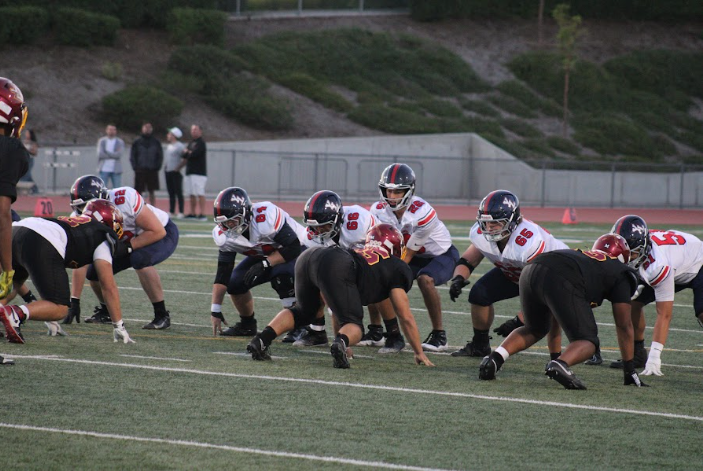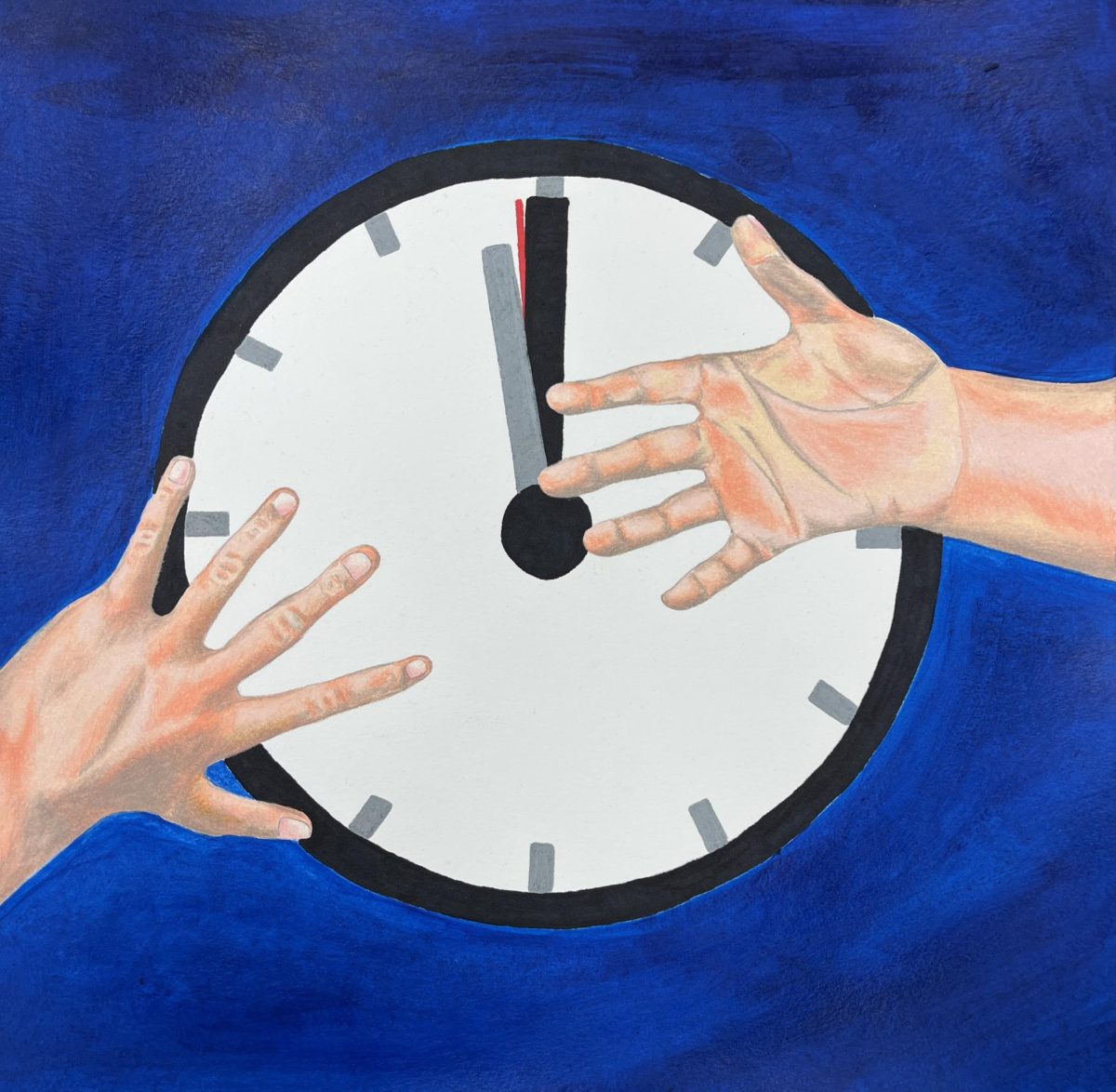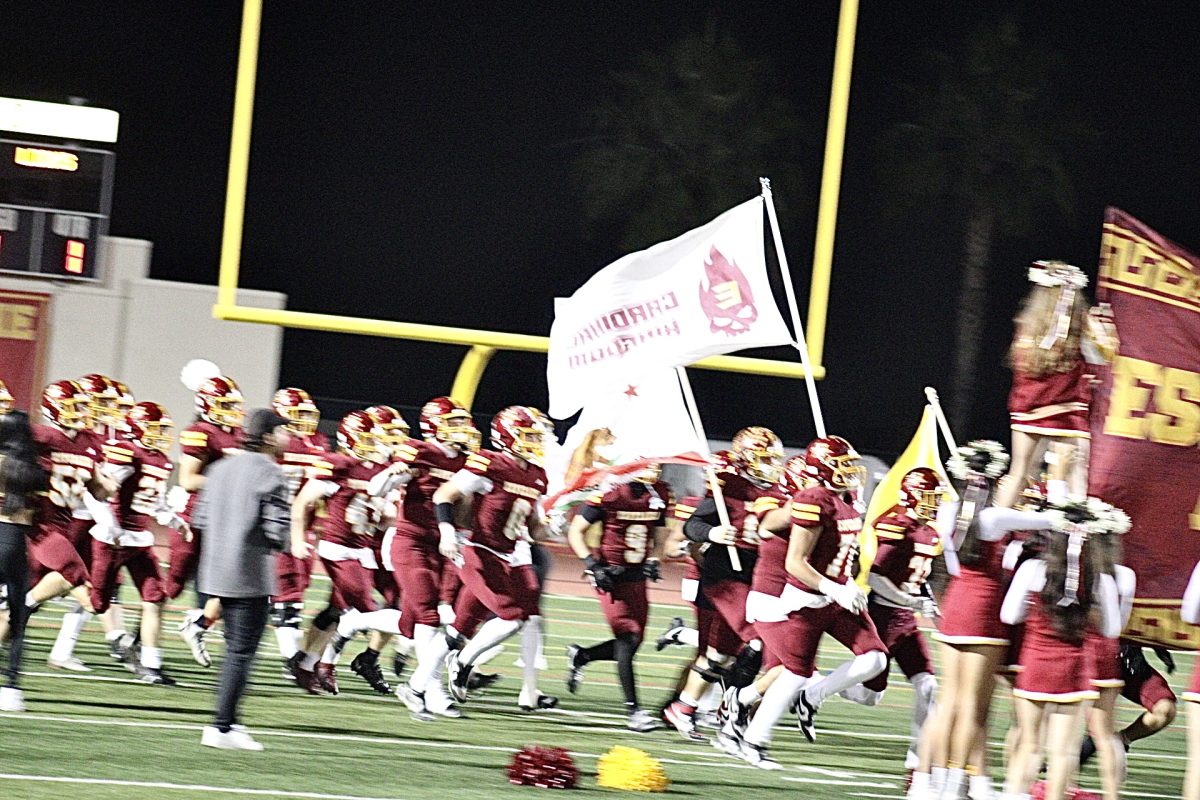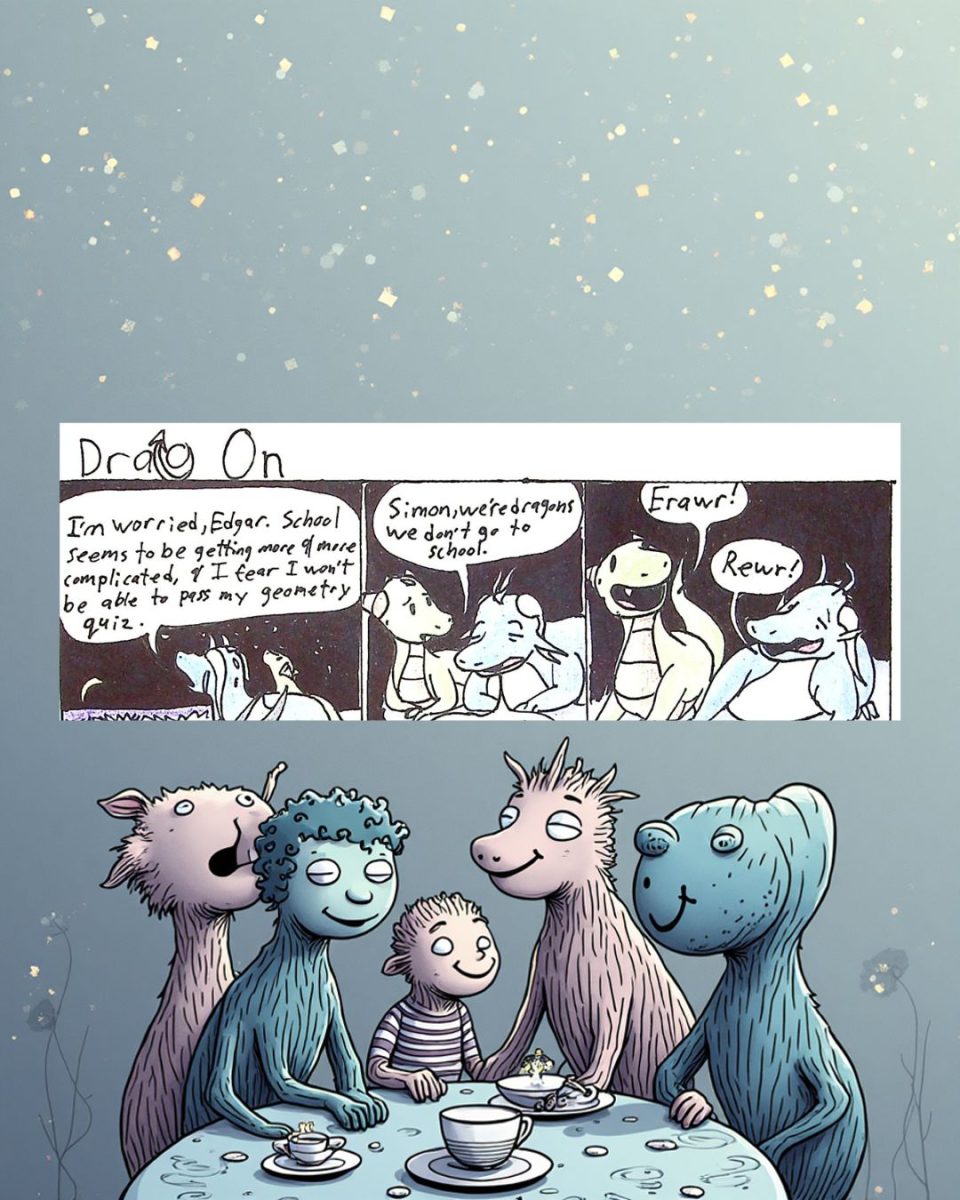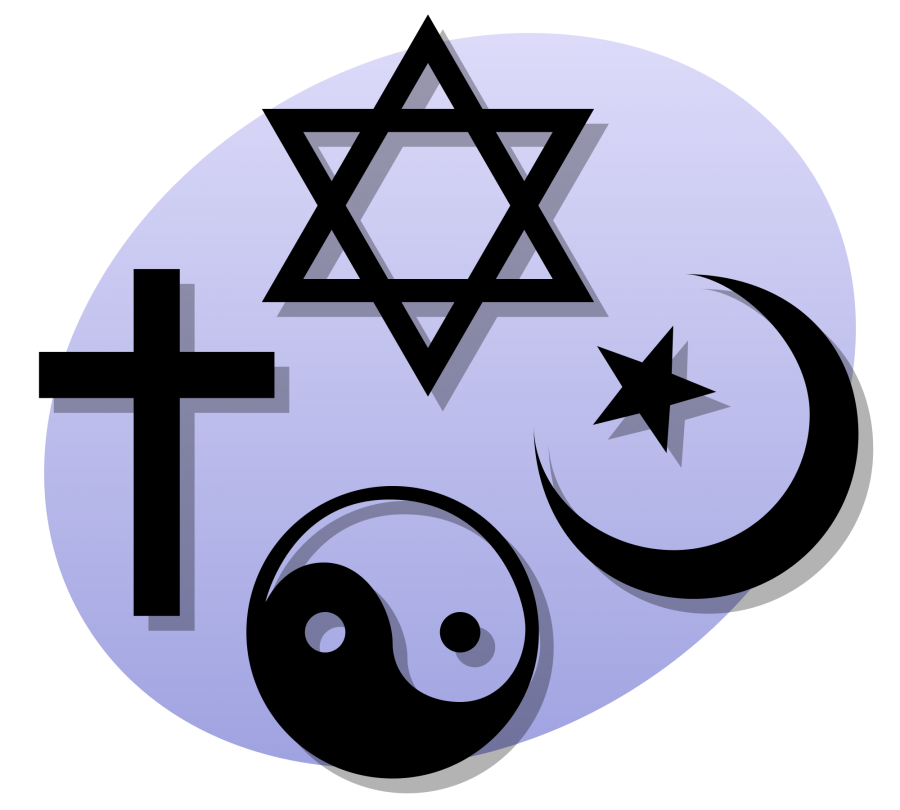Dominance of Christian Holidays
It’s the holiday season once again—that is, for followers of Christianity. Otherwise, there’s not too much one can glean from the month of December, unless you like looking at lights and hearing Michael Buble croon songs that don’t necessarily apply to your faith.
That’s because, of the 14 religious holidays in December, only four of them are for faiths other than those of generally Western European origin. Protestantism, Catholicism and, to a lesser extent, Judaism, reign supreme this time of year, while the countless other beliefs take a backseat.
But is it really just this time of year?
Christian privilege is a term referring to the opportunities and conveniences presented to Christians due to the fact that their religion is considered the nation’s religious norm. Even outside this small fraction of the year—this alone wherein radio stations, Hollywood and even schools stress the gravity of Christmas—the idea that Christianity is the central, main religion in the world is still prevalent in American society.
As you’ve probably realized while reading the last two sentences, this mindset is exclusive of other belief systems. Even if the majority of the country follows a certain religion, it shouldn’t automatically invalidate the myriad of others that also have considerable stakes in the country’s society.
So what we end up seeing is a boorish and toxic sense of religious pride that isn’t even so much pride as a defensive excuse intended to ostracize a certain group of people. Such sentiment would be only slightly more acceptable on a school playground, where peers are shunned for something as inconsequential as having received a different color of apple from the lunch lady than everyone else, and is not at all appropriate in the real world.
A common defense to this assumption is that any perspective to the contrary is “taking the Christ out of Christmas” or some such nonsense. This claim is a hair-trigger for more radical and conservative Christians, who use in response to any mention of change that would broaden the cultural scope to include those with contrary religious beliefs. This is embarrassingly demonstrative of their mentality that the world revolves around them and their religion, which is almost the exact opposite of what many religions state in actuality.
And, don’t get me wrong, not all Christians use terms like this in sheer ignorance of other faiths. Oftentimes this term is used to genuinely maintain Christian values in their most sacred holiday of the year. But there needs to be more consideration and elbow room provided to those with less common faiths, which isn’t even that hard of a change; just personalize your faith without offending or being offended by the actions of others and you should be good.






